As Russia makes further advances on the battlefield, Ukraine's president sees his options in the conflict as worse or worse.
President Volodymyr Zelensky has said Ukraine will fight to regain all the territory Russia seized in 2014, including Crimea. But efforts to reclaim the eastern and southern territories, which account for about 20 percent of the country, appear increasingly unlikely after more than two years of fighting.
Negotiating an end to the conflict with Russian President Vladimir Putin is something Mr Zelensky has vehemently rejected while Russian troops remain on Ukrainian soil. The Ukrainian public is also unwilling to accept the loss of territory, while Mr Putin appears unwilling to accept anything less than Kiev’s acceptance of Moscow’s demands.
The situation is currently deadlocked, with Ukrainian soldiers continuing to die on the battlefield every day, according to observers. A ceasefire is also unlikely to be acceptable to Ukrainians, who believe it would only give Russia more time to consolidate its forces for the next offensive.
Western support for Ukraine is also waning. US aid has been stalled for months, with congressional Republicans blocking an additional $60 billion in aid to Kiev.
The F-16 fighters that the West has supplied to Ukraine are only expected to start flying by the end of the year, but in limited numbers, meaning the advanced aircraft are unlikely to be a game changer. NATO has so far refrained from supporting Ukraine, fearing a direct confrontation between the alliance and Russia.
"What can Mr. Zelensky do to get out of this situation? I don't know. And of course, it worries me," said an unnamed Ukrainian lawmaker.
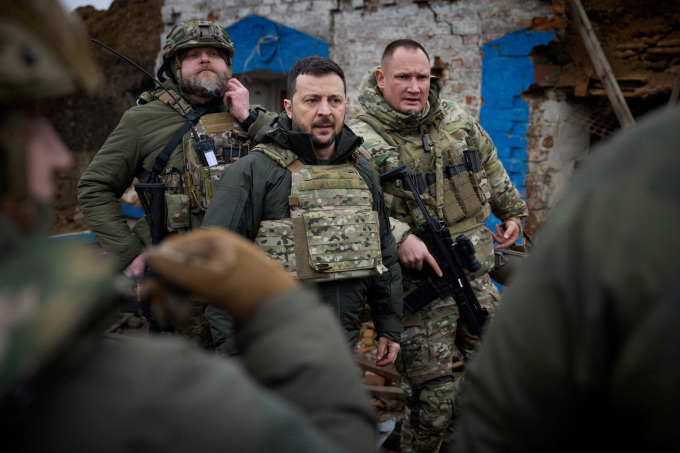
President Volodymyr Zelensky visits the front line in Zaporizhzhia, Ukraine on February 4. Photo: Reuters
The biggest challenge for Mr Zelensky is to manage his own country’s expectations. His popularity remains high, but after two years of deadly conflict, “solidarity is cracking”, according to a Western diplomat in Kiev.
Tymofiy Mylovanov, a professor at the Kiev Higher School of Economics and a former minister in the Ukrainian government, said the war could drag on for years. “This is something no one wants, but when someone says the conflict could last for a decade, no one objects,” Mylovanov said.
In peacetime, President Zelensky would face a crucial election this year. But martial law imposed after the conflict broke out has banned elections. Some Ukrainian officials fear that Russia will consider Zelensky an illegitimate leader if he stays in power longer than the prescribed five-year term.
President Zelensky will also have to fulfill his promise to restore Ukraine's territory to its 1991 borders, including the Crimean peninsula that Russia annexed 10 years ago.
“Smart people understand that this is unrealistic,” the Ukrainian lawmaker said, adding that Kiev’s leadership needed to “adjust this tone at some point.”
Pessimism about Ukraine's chances of victory on the battlefield has grown in recent months, as Russian forces have regained the initiative, while Kiev has run into serious shortages of weapons and manpower.
Ukraine has relied on Western countries for vital arms supplies to fight its war, but they are increasingly scarce. The Ukrainian government has also struggled to cope with a shortage of personnel, with calls for more troops dividing society.
Kiev is bracing for the possibility of losing US aid. US House Speaker Mike Johnson recently said that a $60 billion aid package could be voted on this week, but some provisions, such as financial assistance in the form of loans, are expected to be modified, which could add to Ukraine’s already mounting debt.
Even if the aid is approved early, the recent delay sends a clear signal to Ukraine that future assistance is not guaranteed, especially with the U.S. presidential election this year. Ukrainian officials also worry that Europe cannot make up for the shortfall in U.S. supplies, especially artillery shells and anti-aircraft missiles, the two types of weapons Ukraine needs most.
President Zelensky said Ukraine is increasing domestic production, but so far it can only meet a small portion of demand. Russian forces are currently shelling six times more than Ukrainians along the front line.
“We have not had any ammunition for half a year,” said a senior Ukrainian official. “The situation will get worse. But so what? What other options are there? If our partners who promised to supply us with ammunition do not do so, the situation will certainly worsen. But the image of the United States in the international arena will also deteriorate.”
A year ago, Ukraine was feeling optimistic as it prepared for a major counteroffensive with tanks and combat vehicles provided by the West. But that counteroffensive failed to produce the breakthrough it had hoped for, leaving Ukrainian leaders and many of their Western allies disappointed.
Ukraine has stepped up its attacks deep into Russian territory, targeting military and logistical infrastructure such as oil depots. However, Ukrainian forces are under intense pressure along the front line and have recently been pushed back by Russian forces in many areas.
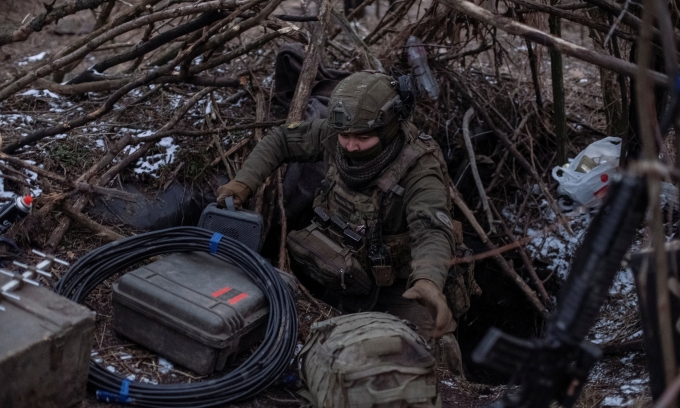
A Ukrainian soldier near the city of Avdeevka on February 20. Photo: Reuters
"Ukraine no longer has the resources to mount another counterattack. There are two possible scenarios. One is that they receive aid to maintain their defense lines. The other is that there is not enough support and they have to defend themselves with fewer and fewer manpower," said a Western ambassador.
The ambassador added that if Ukraine faced Russian attacks this year amid a lack of support, it would suffer heavy casualties and lose more territory.
“Ukraine and its partners will have to prepare themselves for 2025 to be a year of continued conflict, rather than peace talks,” the Western ambassador said. “If the West wants peace, it must not only meet Ukraine’s current demands, but also use this year to provide Kiev with everything it needs to go into offensive mode and make significant progress in 2025.”
But observers say Ukraine must also find ways to meet some of its own needs. Field commanders have reported shortages of troops along the frontline, especially in the ground forces. They are pushing for a large-scale mobilization, but Mr Zelensky has been reluctant, even as Moscow reportedly plans to recruit 300,000 new soldiers.
President Zelensky recently signed a bill lowering the draft age to 25, but said the proposed mobilization of some 500,000 troops would not happen. A Western diplomat in Kiev said Zelensky’s government and the Ukrainian parliament were passing the buck on the mobilization because the policy was unlikely to be popular. Many Ukrainians of military age are reluctant to sign up to fight on the front lines.
"Nobody wants to take responsibility for it, but it has to be done. I mean, you can't keep pushing it. I hear that many soldiers on the front lines are not strong enough to fight anymore. If they go home on leave and see young men who don't want to go to war, they will be frustrated. Social tensions will also increase," the diplomat said.
But a large-scale military mobilization would also pose economic challenges for Ukraine. Soldiers’ salaries cannot be paid for with foreign aid, and some industries are facing labor shortages. The economy is under pressure from repeated attacks on its energy infrastructure, which is also scaring away foreign investors.
The question is how much longer Ukraine can endure. Ukrainian lawmakers say the country will not survive another 10 years. However, others warn the war could drag on for years.
“Nobody wants to give up territory, but everyone also understands that getting it back could take longer,” said Professor Mylovanov.
“Everyone wants a quick solution, but they all understand that it is impossible,” the senior Ukrainian official admitted.
Thanh Tam (According to Washington Post, AFP, Reuters )
Source link


![[Photo] Prime Minister Pham Minh Chinh meets with Hungarian President Sulyok Tamas](https://vphoto.vietnam.vn/thumb/1200x675/vietnam/resource/IMAGE/2025/5/29/dbcaa73e92ea4448a03fe1d0de6d68e8)

![[Photo] Vietnamese and Hungarian leaders attend the opening of the exhibition by photographer Bozoky Dezso](https://vphoto.vietnam.vn/thumb/1200x675/vietnam/resource/IMAGE/2025/5/29/94d8ceca5db14af3bf31285551ae4bb3)

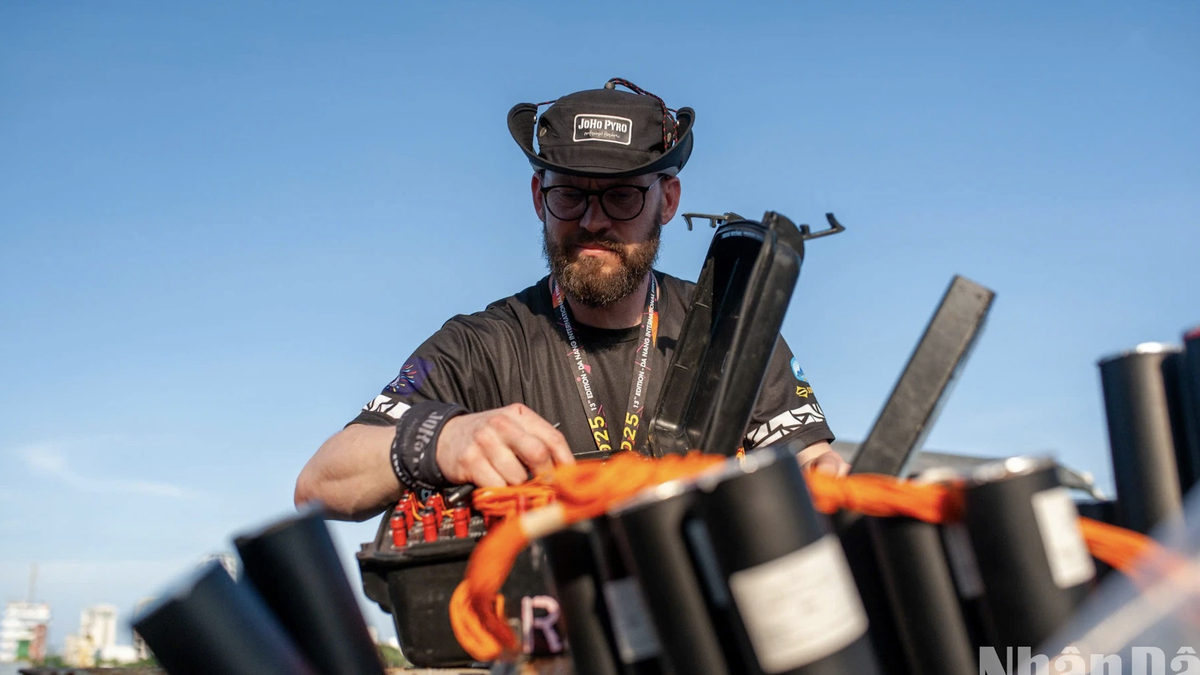



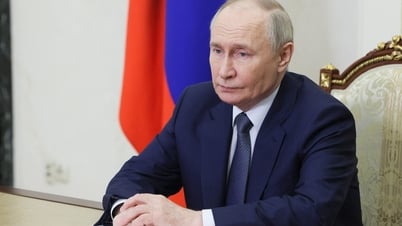
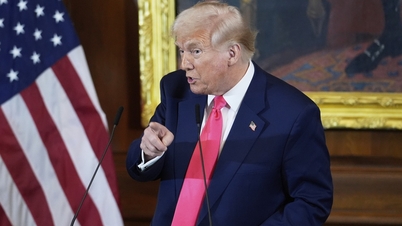





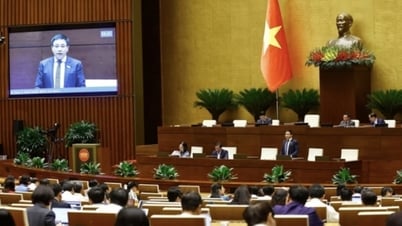

































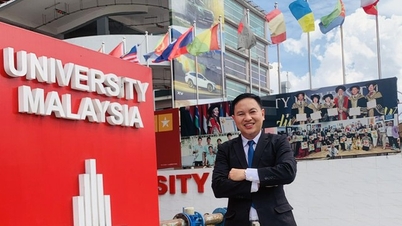
















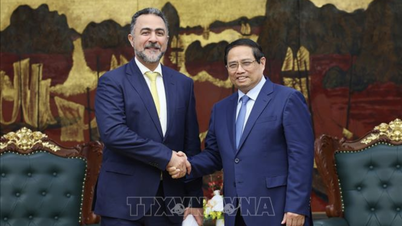
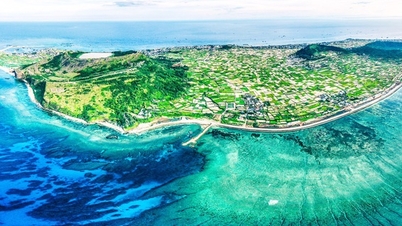



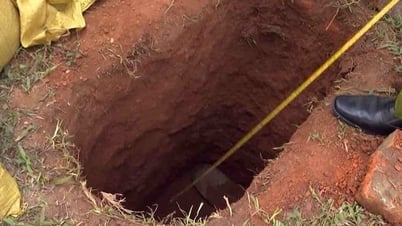


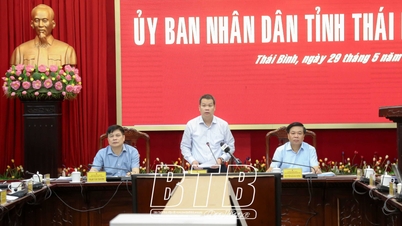

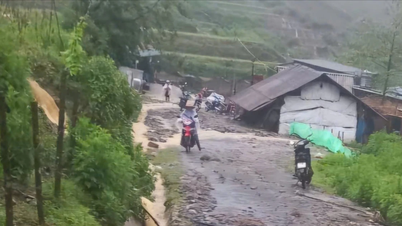

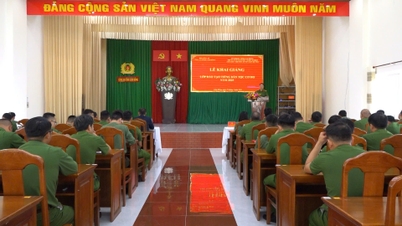

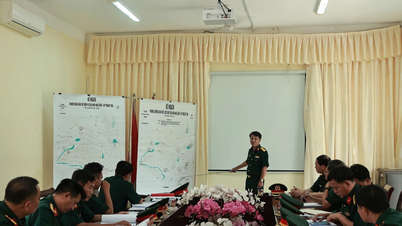











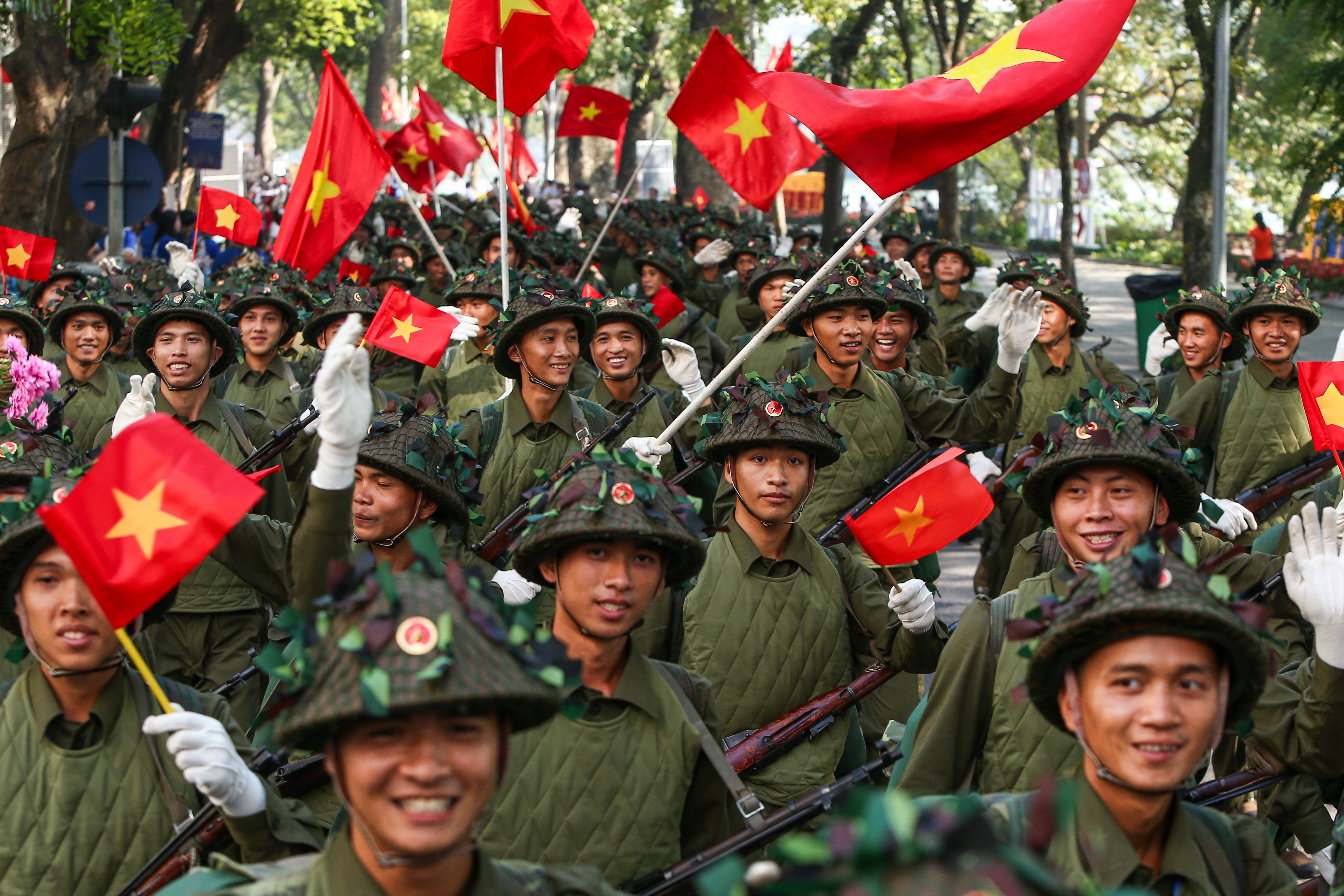



Comment (0)